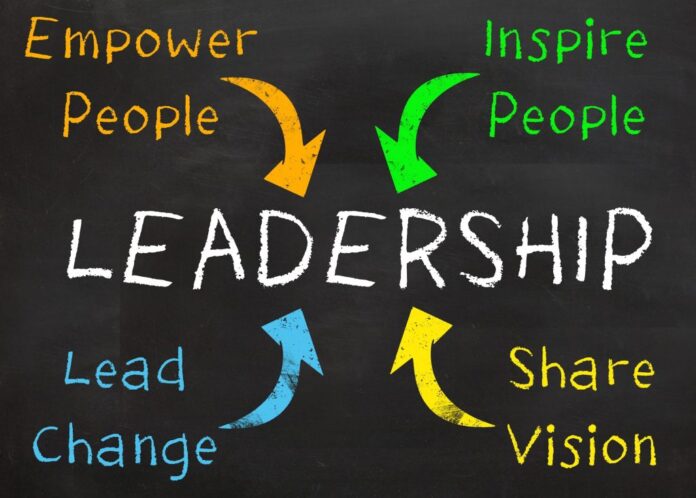Being in a leadership position can be tremendously fulfilling as it provides chances to motivate, direct, and effect good change. But managing a team’s responsibilities can frequently interfere with personal obligations, which can cause stress, burnout, and a sense of overwhelm. Achieving a balance between personal well-being and leadership responsibilities is essential for the success of individuals as well as organisations.
Effective Time Management: The Key to Achievement
The key to juggling the demands of work and personal life is time management.
Leaders with strong time management abilities prioritise tasks effectively and recognise the importance of their time. Effective prioritising can be aided by methods such as the Eisenhower Matrix, which groups tasks according to their importance and urgency.
Employing time-tracking applications can yield significant insights into time allocation, facilitating modifications to enhance productivity.
Setting Priorities: Identifying What Really Counts
Not every task is made equally. Effectively prioritising their tasks allows leaders to concentrate on high-impact projects that directly support organisational objectives.
This entails weighing the importance and urgency of each task critically and deciding which ones require immediate attention and which ones can wait or be assigned for a later time.
Empowering Your Team through Delegation for Shared Success
Leaders who attempt to handle everything on their own are doomed to failure. Sensible task delegation is a key component of effective leadership, as it empowers team members.
This not only lightens the leader’s workload but also develops the team’s skills, trust, and ownership, making the workforce more engaged and effective.
Setting Limits: Refusing Things to Save Your Health
Demands and requests are thrown at leaders all the time. While offering assistance when asked is admirable, constantly answering “yes” can cause resentment and burnout.
It’s critical to keep your personal and professional lives apart. This could be establishing set work hours, making use of tools like “out-of-office” notifications, and graciously turning down extra assignments that don’t fit into your schedule or priorities.
Using Technology: Instruments for Effectiveness and Communication
Technology has the potential to be a very useful tool for leaders, but it also has drawbacks. Make use of scheduling applications to guarantee that deadlines are met, communication platforms to facilitate teamwork, and project management tools to increase productivity.
Making Self-Care a Priority
In the end, leaders who disregard their own health are doomed to failure.
Making self-care activities that support mental and physical health a priority is not a luxury—rather, it is a need. This can involve maintaining a healthy sleep schedule, exercising frequently, practicing mindfulness through yoga or meditation, and cultivating deep connections with loved ones.
A rested, revitalised, and emotionally stable leader is better able to manage the responsibilities of their position and motivate those around them.
In addition to the previously mentioned tactics, the following other practices can also improve success:
Look for support systems: Creating a network of friends, mentors, or coworkers who are aware of the difficulties faced by leaders can be a great way to get support, guidance, and a feeling of belonging.
Keep a positive mindset: When faced with obstacles, a positive outlook can encourage creativity and resilience.
Honour accomplishments: Celebrating and recognising one’s accomplishments, both personally and professionally, can inspire optimism and drive.
Adopt a continuous learning mindset: Leaders who are dedicated to this approach stay flexible, creative, and prepared to handle the constantly changing demands of their industry.
In summary, juggling personal obligations with leadership responsibilities successfully calls for a diverse strategy. Leaders can achieve long-term success and fulfilment in their personal and professional lives by adopting time management skills, setting boundaries, prioritising self-care, prioritising tasks, delegating effectively, and utilising technology sensibly.



































